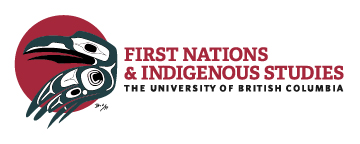Student Interviews
View Session: 0,0 Open the IVT and choose a session in the viewer.
|
Session 1: Francine Burning, 21 February 2007
This student discusses a situation of being called on in class by the instructor and the “Aboriginal student as expert” assumption that places a burden of responsibility Aboriginal students who feel they are looked at to speak to Aboriginal content in classrooms.
View Session: 1,0
|
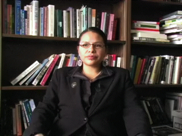 |
|
Session 2: Dara Kelly, 22 February 2007
This student discusses a situation where a student said in class, “why are Aboriginal people so screwed up?” and the impact of this and other problematic comments on students both in class and beyond class time. She considers issues resulting from situations when instructors don’t acknowledge the social dimensions of culturally sensitive curriculum.
View Session: 2,0
|
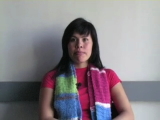 |
|
Session 3: Larry Nicholson, 22 February 2007
This student talks about concerns around curriculum or statements in classes that make broad generalizations about Aboriginal people, history, and cultures, which are taken as fact by students.
View Session: 3,0
|
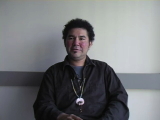 |
|
Session 4: Otis Jasper, 1 March 2007
This student speaks about a situation of the “Aboriginal student as expert” where he was looked to by other students to provide an answer as an “Indian person.” He connects alienating classroom experiences to Aboriginal student retention issues, where classroom incidents discourage Aboriginal students from returning to the university.
View Session: 4,0
|
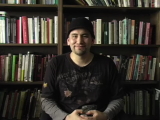 |
|
Session 5: Kyla Lee, 2 March 2007
This student discusses situations where instructors made offensive comments about Aboriginal cultures, and the difficulties of intervening in these situations as a student. She also speaks about a confrontation she had with another Aboriginal student, who challenged her authority to speak to experiences of racism as a person of Aboriginal heritage because of her skin color.
View Session: 5,0
|
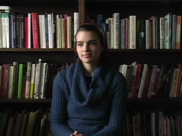 |
|
Session 6: Jackie Gow, 13 March 2007
This student talks about how difficult comments and situations take place after class, informed by problematic social attitudes about Aboriginal peoples and issues. She points out that it’s possible to go through an entire educational program without learning about Aboriginal issues, and speaks about the significance of learning about social issues as a part of a student’s education.
View Session: 6,0
|
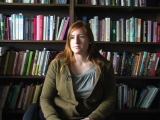 |
|
Session 7: Kimberley Rawes, 15 March 2007
This student talks about her frustration with situations where the lack of understanding of Aboriginal history and issues impedes the progress of classroom discussions. She also talks about how non-Aboriginal students often discuss Aboriginal issues in class in relation to their own experiences and emotions, rather than engage in critical and in-depth discussions of these issues.
View Session: 7,0
|
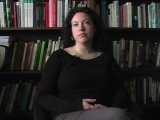 |
|
Session 8: Vicki George, 22 March 2007
Outlining a classroom incident where a student dominated the class with a “racist rant,” this student describes how another student defended him when she challenged his comments. She discusses the lack of intervention on the instructor’s part, and the consequences to the classroom environment and her ability to function as a student.
View Session: 8,0
|
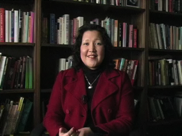 |
|
Session 9: Leila Lattimer, 28 March 2007
Speaking from the position of a non-Aboriginal student studying Aboriginal issues, this student talks about the tensions resulting for students from a problematic classroom situation, and discusses how difficult discussions of Aboriginal issues affect Aboriginal students differently from non-Aboriginal students.
View Session: 9,0
|
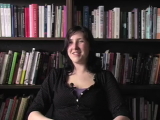 |

